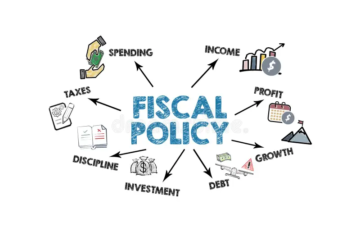
On Thursday, an Indian court sentenced Rahul Gandhi, the country’s opposition leader, to two years in prison in a criminal defamation case. According to a BBC report, Gandhi was convicted by a court in Gujarat state for making comments about Prime Minister Narendra Modi’s surname during an election rally in 2019. He will not go to jail immediately, as he has been granted bail for 30 days and will file an appeal against the conviction. The Congress party MP was present in court for sentencing, which comes a year before general elections are due.
The case against Gandhi stems from a speech he gave at an election rally in Karnataka state in April 2019, ahead of the last general election. During the event, he made the comment, “Why do all these thieves have Modi as their surname? Nirav Modi, Lalit Modi, Narendra Modi.” Nirav Modi is a fugitive Indian diamond tycoon, while Lalit Modi is a former chief of the Indian Premier League who has been banned for life by the country’s cricket board. Narendra Modi is the Prime Minister.
Gandhi argued that he had made the comment to highlight corruption and that it was not directed against any community. However, the case against him was filed on the basis of a complaint by Purnesh Modi, a lawmaker from India’s governing Bharatiya Janata Party, who said that Gandhi’s comments had defamed the entire Modi community.
Legal scholar Gautam Bhatia has weighed in on the matter, saying that “references to a generic class of persons” – in this case, surnames – are not “actionable unless an individual can show a direct reference to themselves.” Bhatia used the example of someone saying “all lawyers are thieves” to illustrate his point. He stated that as a lawyer, he cannot file a case against someone for defamation unless he can show that the imputation was aimed at him.
India’s criminal defamation law is a British-era legislation that allows for a maximum prison sentence of two years, a fine, or both. While Gandhi has been granted bail by the Indian court and plans to appeal the conviction, the case has raised questions about freedom of speech and the right to criticize political figures in India.


















